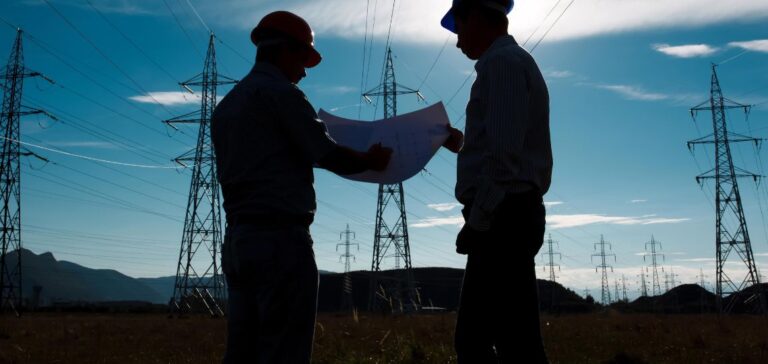Entergy Services is seeking a waiver of the new seasonal capacity certification rules in the Midcontinent Independent System Operator (MISO) because the new approach sufficiently lowers the capacity value of some fossil fuel plants to the point that the company could have a capacity deficit in Mississippi.
Decrease in accreditation
According to the waiver application filed with the Federal Energy Regulatory Commission, “Entergy Arkansas and Entergy Mississippi are facing drastic decreases in resource capacity certification due to the implementation of MISO’s new certification methodology.” The new rules reduced the certification of one of Entergy Mississippi’s largest gas units by 25 percent. Therefore, the company is requesting a waiver for the next three auctions and has requested that FERC grant the waiver by March 7, so that the auction that closes at the end of March 2023 can accommodate it.
New regulation
The issue involves MISO’s new seasonal resource availability regulation (ER22-495), approved by FERC on August 31. Under the new rules, MISO’s resource planning auction will be conducted separately for each season. MISO also changed the accreditation of conventional resources by relying in part on the historical average capacity available at times of greatest need, rather than the previous approach based on installed capacity adjusted for forced outages.
If a resource is offline and has a startup time of more than 24 hours, it is considered unavailable for MISO’s resource availability hours under the new rules.
Impact on Entergy’s resources
Entergy claims that the start-up time requirement unfairly reduces the accreditation of some of its resources. For example, the 738 MW Gerald Andrus plant, wholly owned by Entergy Mississippi, is one of Entergy Mississippi’s largest generators, according to the waiver request.
The startup limitation under the new rules will reduce the certification of this plant from an average of 422 MW to an average of 318 MW, according to the waiver request. “The decrease in accreditation associated with the use of historical data established prior to the implementation of the new methodology will be significantly burdensome,” according to the waiver request.
The new regulations also reduced the certification of certain coal-fired power plants in Arkansas that are partially owned by Entergy. These include Independence 1, where Entergy Arkansas has 259 MW of capacity and Entergy Mississippi has 205 MW of capacity, and Independence 2, where Entergy Mississippi has 211 MW of capacity.
Deficit concerns
The decrease in accreditation means Entergy Mississippi is expected to be in deficit for several seasons, according to the waiver request. The application also states that the risk of high prices at auction is higher this year due to the uncertainty surrounding the new seasonal structure and seasonal accreditation rules. Entergy has adjusted plant start-up times to be less than 24 hours, as start-up times will have significant negative effects on resource accreditation values.






















